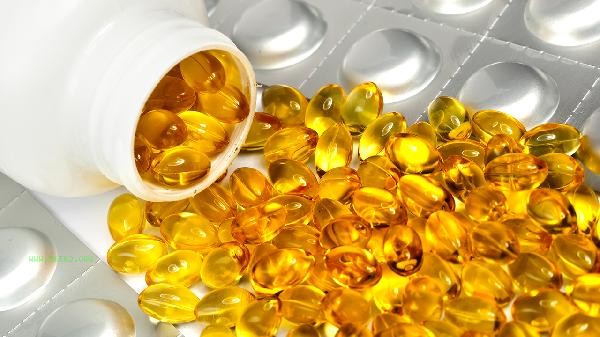Long term excessive intake of vitamin C may lead to side effects such as diarrhea, urinary system stones, and excessive iron absorption. The potential risks of vitamin C mainly include gastrointestinal discomfort, nutritional imbalance, drug interactions, metabolic burden, and risks for special populations.

1. Gastrointestinal discomfort
Daily intake of more than 2000 milligrams of vitamin C may irritate the gastrointestinal mucosa, leading to symptoms such as abdominal pain and diarrhea. When taken on an empty stomach, it is more irritating and sensitive individuals may experience nausea and vomiting. Long term high-dose intake may disrupt the balance of gut microbiota.
2. Nutritional imbalance
Excessive supplementation of vitamin C can interfere with the absorption of other nutrients, such as reducing vitamin B12 activity and affecting copper metabolism. Artificially synthesized vitamin C preparations lack synergistic components such as bioflavonoids found in natural foods, and single supplementation may disrupt nutritional balance.
3. Drug Interactions
Co administration of vitamin C with anticoagulant warfarin may weaken its efficacy, while co administration with aluminum preparations may increase aluminum absorption. High dose use during chemotherapy may affect the efficacy of some anti-tumor drugs. Excessive supplementation during estrogen intake may increase the concentration of estrogen in the blood.

4. Metabolic burden
Vitamin C that exceeds physiological needs needs needs to be metabolized by the liver and excreted through the kidneys, and long-term high load operation may increase organ burden. The oxalate produced during metabolism may increase the risk of urinary system stones, especially for those with a history of stones.
5. Special population risk
Pregnant women who take more than 2000 milligrams per day may increase the risk of newborns becoming dependent on vitamin C. Excessive supplementation in gout patients may increase uric acid levels. Individuals with iron metabolism abnormalities such as hemochromatosis should strictly control their dosage to avoid promoting excessive iron absorption. Healthy individuals can meet their daily vitamin C needs of around 100 milligrams through fresh vegetables and fruits, such as citrus, kiwi, broccoli, and other high-quality sources. For those who need to supplement their medication, it is recommended to prioritize taking small doses in divided doses, and the total daily dose should not exceed 1000 milligrams. Individuals with chronic diseases or long-term medication should consult a doctor to assess individual risks before supplementation. When persistent diarrhea or abnormal darkening of urine color occurs, supplementation should be stopped promptly and medical examination should be sought.




Comments (0)
Leave a Comment
No comments yet
Be the first to share your thoughts!